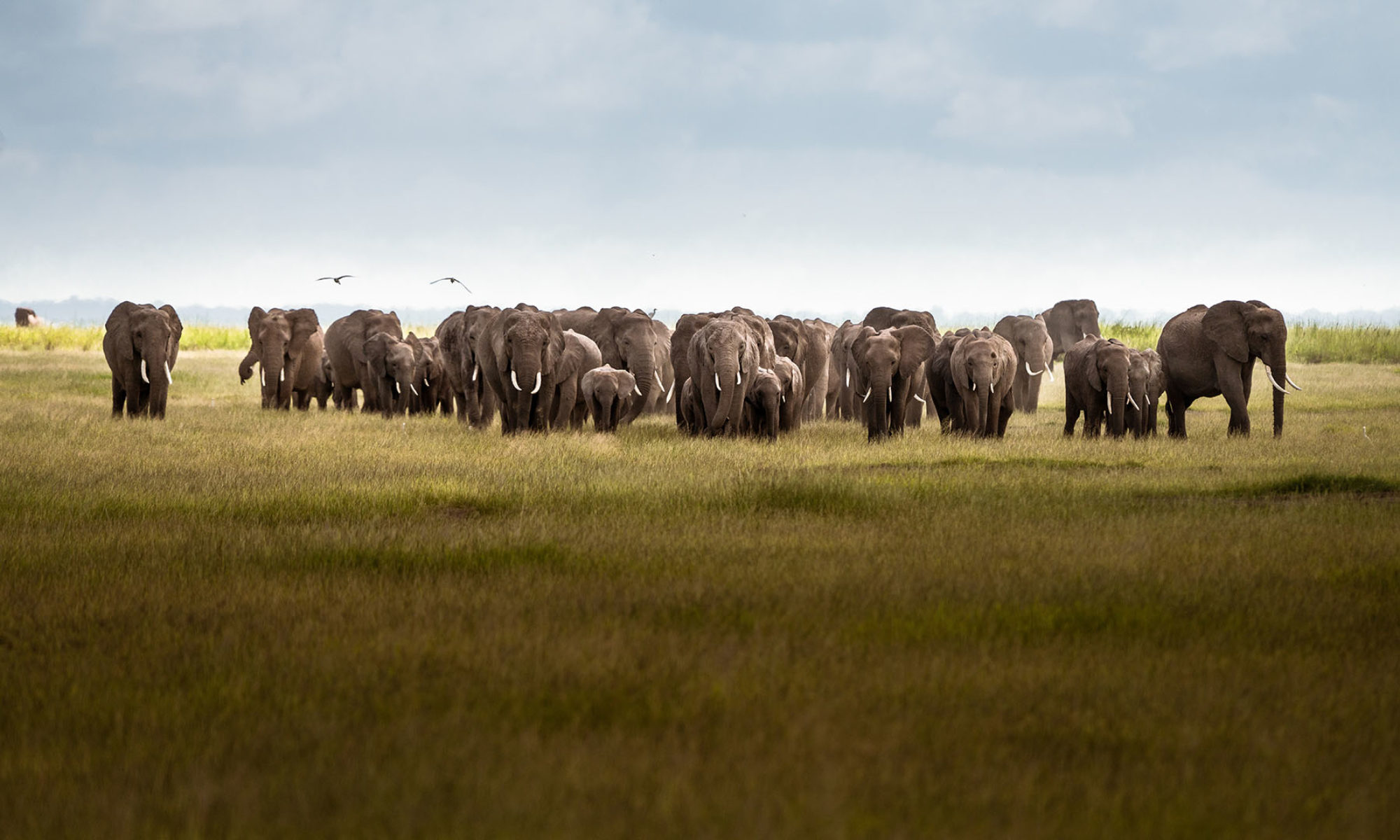By James Patton, Animal Law Society Treasurer
Last semester I enjoyed taking Animal Law with Professor Justin Marceau; it was one of my favorite classes I have taken in law school. The class started out by covering the scientific and philosophical arguments supporting animal welfare and/or rights, such as the claim that animals can suffer and therefore humans should consider their welfare. The class also, of course, considered laws concerning animals, such as animal cruelty laws.
However, much of the course was devoted to learning about and hearing from different animal welfare and rights groups. Lawyers from the Nonhuman Rights Project spoke to the class about their legal efforts to secure Happy the Elephant’s release from the Bronx Zoo by filing writs of habeas corpus in New York State Court. A representative from the Humane Society spoke about working with low-income communities to help people take care of their pets and keep them and avoid animal cruelty charges. Wayne Hsiung, the founder of DxE, came and spoke about going into factory farms and capturing footage of the cruel conditions of animals there and rescuing animals in danger. In other words, the class showcased the incredible people working in the animal law movement and their different thoughtful approaches to the issues surrounding animal welfare and animal rights. Although the animal law movement has its issues, such as the harsh prosecution of animal abusers, the class gave me much hope for the future of the animal movement because of all the different, brilliant people involved. I highly recommend taking Animal Law, whether with Professor Marceau, Professor Stilt, or another professor.




